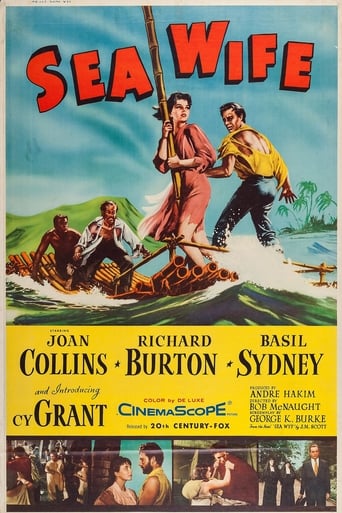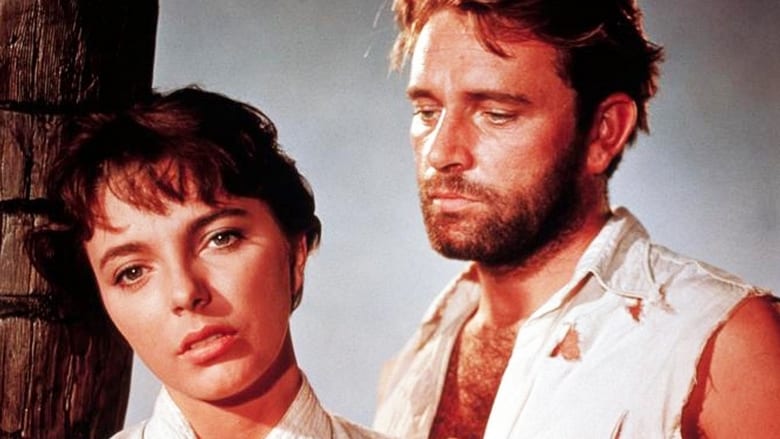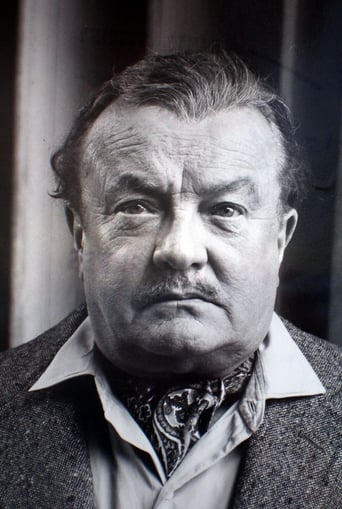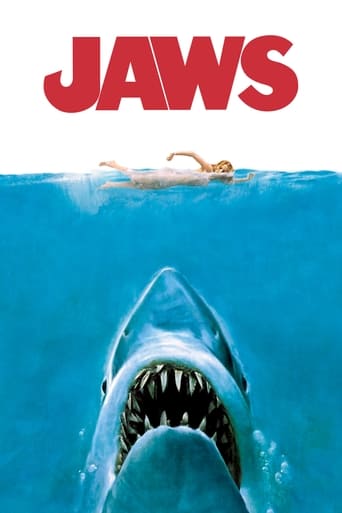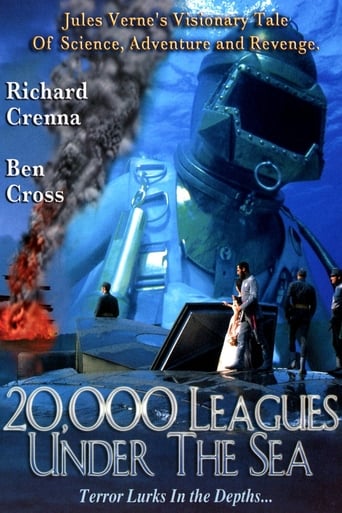Sea Wife (1957)
In 1942, a cargo ship jammed with British evacuees from Singapore is sunk by a Japanese sub. A small lifeboat carries a beautiful woman, an army officer, a bigoted administrator, and a black seaman. Only the seaman knows the woman is a nun. The men reveal their true selves under the hardships of survival. Told in a too-long flashback frame.
Watch Trailer
Free Trial Channels
Cast


Similar titles
Reviews
Very interesting film. Was caught on the premise when seeing the trailer but unsure as to what the outcome would be for the showing. As it turns out, it was a very good film.
It isn't all that great, actually. Really cheesy and very predicable of how certain scenes are gonna turn play out. However, I guess that's the charm of it all, because I would consider this one of my guilty pleasures.
An old-fashioned movie made with new-fashioned finesse.
Through painfully honest and emotional moments, the movie becomes irresistibly relatable
In the 1950s Joan Collins made two films in which she played a survivor of a shipwreck; in both she is marooned on a deserted island along with three men. The first was that fatuous "comedy" "Our girl Friday", aka "The Adventures of Sadie" from 1953. "Sea Wife" from four years later is essentially an attempt to make a serious drama out of a similar scenario.The film opens in London during the years immediately following the end of the Second World War. A young man signing himself "Biscuit" places advertisements in the personal column of various in which he asks a woman referred to as "Sea Wife" to get in touch with him. He never, however, receives a reply from her, and their story is told in flashback. The scene shifts to Singapore in 1942. The young man, whose name is Michael Cannon, is one of a group of British refugees trying to flee before the city falls to the Japanese Army. His ship is torpedoed by a Japanese submarine and he finds himself on a life-raft with two other men and a young woman. After a number of adventures the four survivors end up on a deserted island.The four are known to one another by nicknames; Cannon, whose nickname is "Biscuit", is the only one to reveal his true identity to the others. The woman is "Sea Wife", from an archaic word for "mermaid". The two other men are "Bulldog", a middle-aged British colonial, and "Number Four", the ship's black purser. On the island there are two developments. A powerful dislike grows up between the bigoted racist Bulldog and Number Four, and Biscuit falls in love with the beautiful Sea Wife, although she rejects his advances.Some reviewers on this board have expressed surprise that Sea Wife does not reveal her secret, namely that she is really a nun. (Her real name, or at least her "name in religion", is Sister Therese). This secret is already known to Number Four but not to the others. It is fairly obvious why she does not to reveal this to Bulldog, an atheist who is just as bigoted about religion as he is about race. (She has already upset him by trying to discuss her Christian faith with him). What is less clear is why she does not reveal it to Biscuit; perhaps she does not trust him not to reveal it to Bulldog. She contents herself with telling him that she is "promised to another". This is not an outright lie, because by the "other" Sea Wife means God, but Biscuit understands- as she clearly intends him to- that there is another man in her life.Some have also expressed surprise at the idea of Joan Collins playing a nun, but this is only an example of miscasting when seen in retrospect. Today we tend to think of Collins in terms of the sort of sultry villainesses she played in the seventies and eighties such as Fontaine Khaled in "The Bitch" and "The Stud" or Alexis in "Dynasty", ladies one could never imagine taking the veil. Earlier in her career, however, she had a much wider range, and could equally well turn her hand to virtuous young heroines. Indeed, she played such a character in a film as late in her career as "Quest for Love" in the early seventies. In 1957, therefore, there was no reason why she should not have played a nun.Of the two strands in the plot, the Biscuit/ Sea Wife story is perhaps the less interesting to modern audiences. It might have been better had Biscuit known of her profession or had there been any indication that she was torn by a genuine conflict between her emotions and her religious vows. The characters are played by the film's two big-name stars, Collins and Richard Burton, who by all accounts did not get on with one another. It is said that Collins, when asked what she thought might have happened had she rather than Elizabeth Taylor been cast as the lead in "Cleopatra", replied "Well, I certainly wouldn't have run off with Richard Burton!" It is therefore perhaps unsurprising that there is little chemistry between them.Of perhaps more interest to us today is the Bulldog/Number Four relationship. Their nicknames are both significant. The bulldog has long been a symbol of British patriotism, and this Bulldog is a patriot of a particularly snarling, aggressive breed. Number Four's nickname suggests that because of his race he ranks fourth and last in this society of four people, even though he is intelligent, resourceful and does his best to assist the others, perhaps even saving their lives. Bulldog, however, finds it impossible to accept him as an equal and becomes obsessed (without any evidence) by the idea that Number Four intends to rape Sea Wife. It is this obsession which leads to the final tragedy. Such a frank analysis of racism is perhaps unusual in a British film from this period; even when the cinema took on the subject of colonialism it was rare to make a white character a racist villain in this way. For me it was this aspect of the film which added some interest to what could otherwise have been a rather dull melodrama. 6/10
Enjoyed viewing this classic film from 1957 starring Joan Collins, (Sea Wife) and Richard Burton, (Biscuit). This film opens up with Biscuit running an ad in most of the London papers trying to locate Sea Wife and at first you think this must be some undercover agent trying to locate their partner. However, it turns out to be a love story which occurred during WW II when their ship was sunk by a Japanese Submarine and this couple wound up on a raft together. Biscuit fell in love with Sea Wife, however, she always turned down his sexual advances towards her and refused to give him a civil answer as to why she felt this way towards him. This is a hidden gem of a picture and worth your time to view and enjoy this great classic with great actors.
So runs the mantra of the shipwrecked racist "Bulldog" when he realises that one of his fellow castaways - the unbelievably handsome Mr Cy Grant,better - known for singing calypsos on the BBC "Tonight programme - has found a machete on the island where he finds himself marooned along with a nun(Miss Joan Collins) and a British officer(Mr Richard Burton).Mr Grant,formerly Steward of the ill - fated ship sunk by the beastly Japs is the only one who even remotely has his act together and so is obviously doomed to a fairly early demise.But not before he has set male and female hearts a - flutter by baring his well - oiled chest and sylph - like figure all over the island. He meets a particularly grisly end at the hands - or mouth I suppose,to be more accurate - of a passing shark as he swims out to board the raft that "Bulldog" has launched into the water having temporarily incapacitated the more liberal Mr Burton who did not share his unpleasant prejudices.Miss Collins contented herself with whispering ineffectually,a technique she adopts throughout the picture. Mr Burton gives one of his more offhand performances in a career of giving offhand performances.He is convincing as neither a British officer,a castaway, or as the ardent seeker of a lost love.As he walks towards a bus stop (!) at the end he looks like a man who has temporarily misplaced his latch - key rather than one who has just seen the only chance of finding true lurve going up in a puff of smoke. In a scene that will surprise nobody he walks straight past Miss Collins dressed in her nun's kit.Cue violins and swelling orchestra as Miss Collins gazes heavenwards in an ending that leaves Camp struggling to catch up.
Facile dramatics about four disparate characters--three men and one woman (Joan Collins)--shipwrecked off the coast of Singapore in 1942. One of the men grows very fond of the lady, who is secretly a nun. The nun's curious reluctance to divulge her vocation unnecessarily drags out these proceedings (and makes Sister Collins out to be something of a tease, which is touched upon fleetingly). Film verges on camp but is saved from silliness by an adept, surface-pretty production, also by Richard Burton's fiery emoting (predictably, he's colorful and mercurial as ever). Shallow, but certainly entertaining on a minor scale. **1/2 from ****

